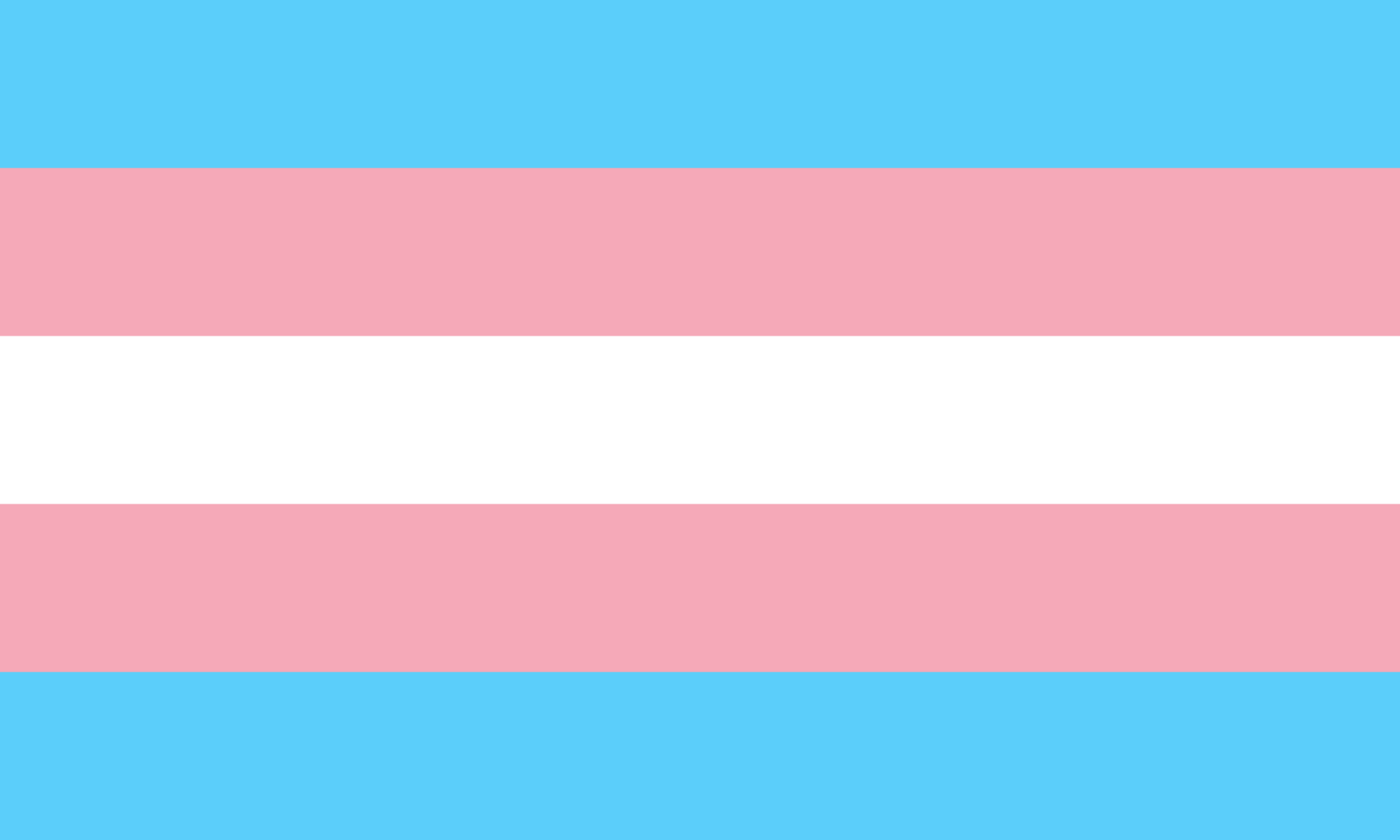
Transgender People and Human Trafficking: Intersectional Exclusion of Trans Migrants and People of Color from Anti-trafficking Protection in the US
Transgender (hereafter: trans) people are rarely included in human trafficking research. This empirical study presents narratives of trans individuals who report experiences consistent with the Palermo Protocol’s definition of trafficking, access to anti-trafficking services for trans individuals, and attitudes of anti- trafficking advocates and law enforcement toward trans people. Ethnographic fieldwork conducted for 30 months between March 2017 and August 2019 in Los Angeles and New York City included in-depth interviews with sex workers and trafficked persons (n = 50), of whom 26 were trans, and key informants (n = 17) from law enforcement and social services. Most trans participants who reported exploitation did not self-identify as victims of trafficking nor were they identified by police or anti-trafficking organizations as victims. Law enforcement gatekeeping was identified by anti-trafficking advocates as a barrier to meeting the needs of trans clients because they were viewed as “less exploitable” than cisgender women. Discriminatory law enforcement practices resulted in the exclusion and hyper-criminalization of trans migrants and people of color who were profiled not only by gender, but also race/ethnicity and immigration status.
Read more here.
